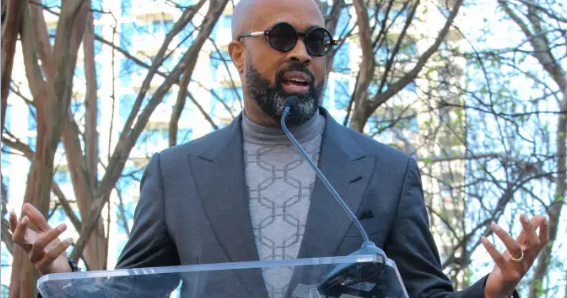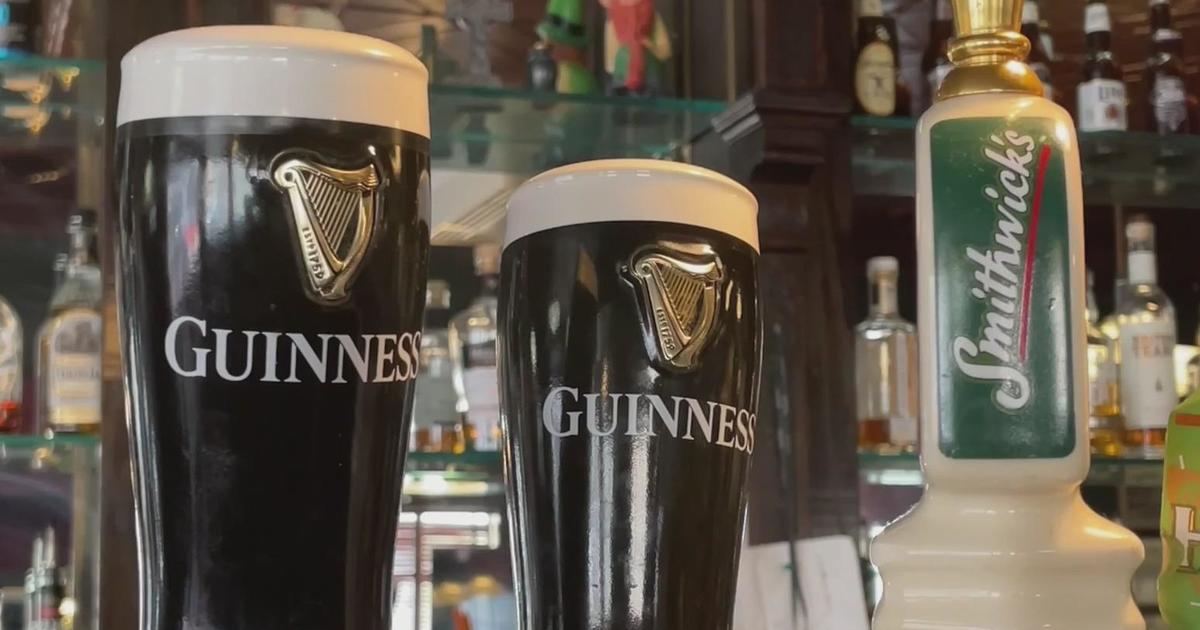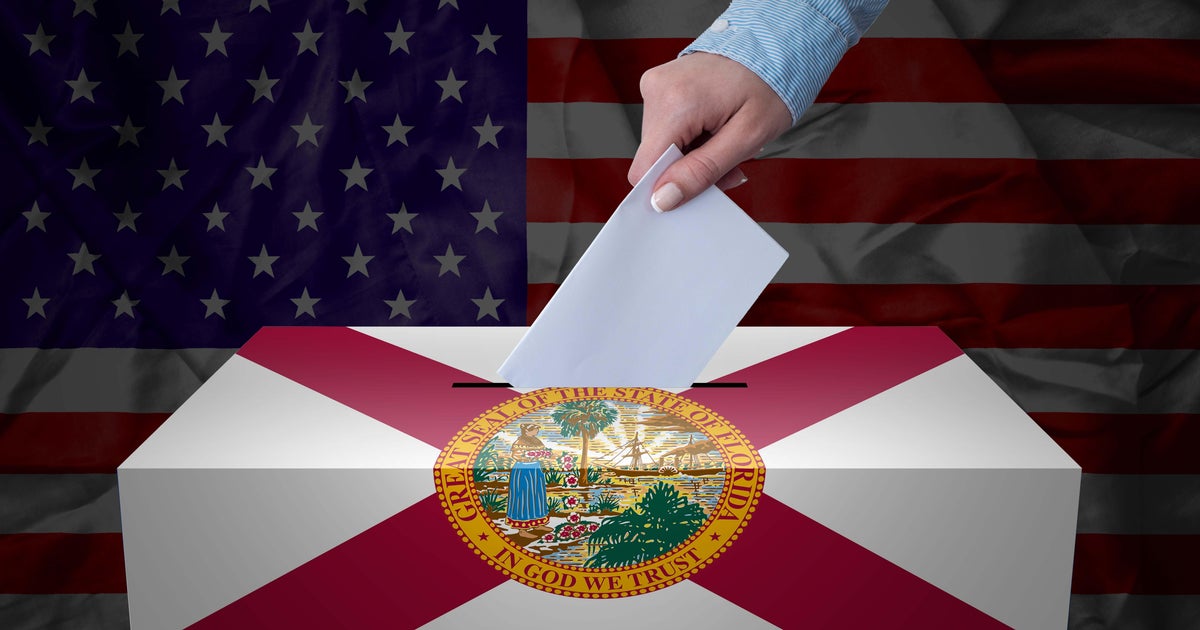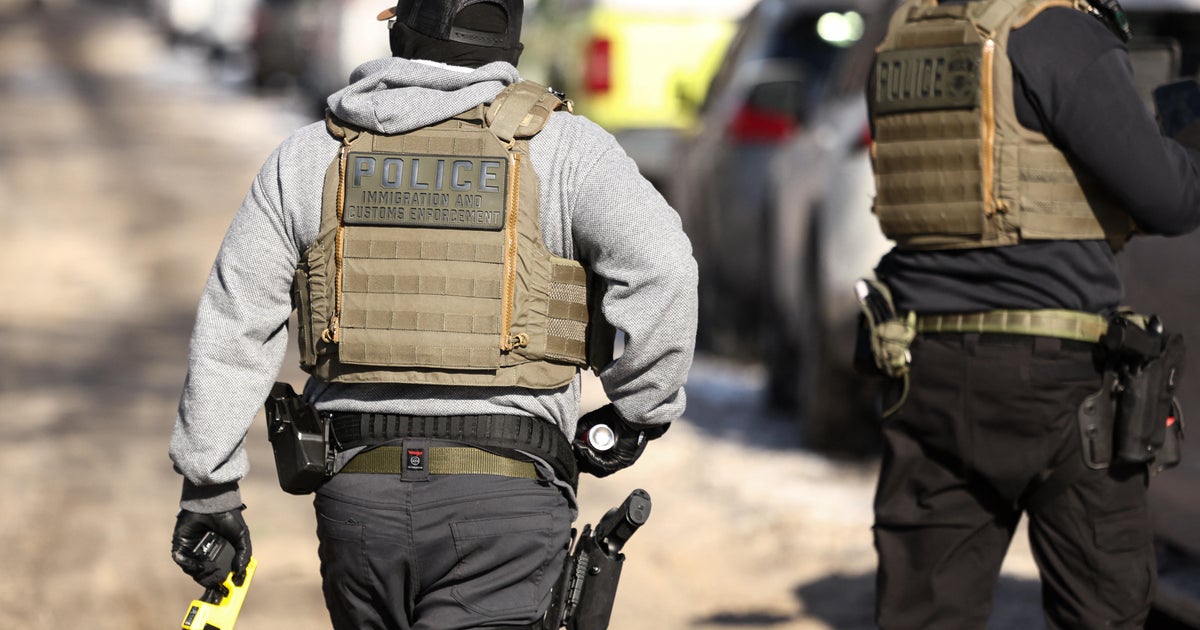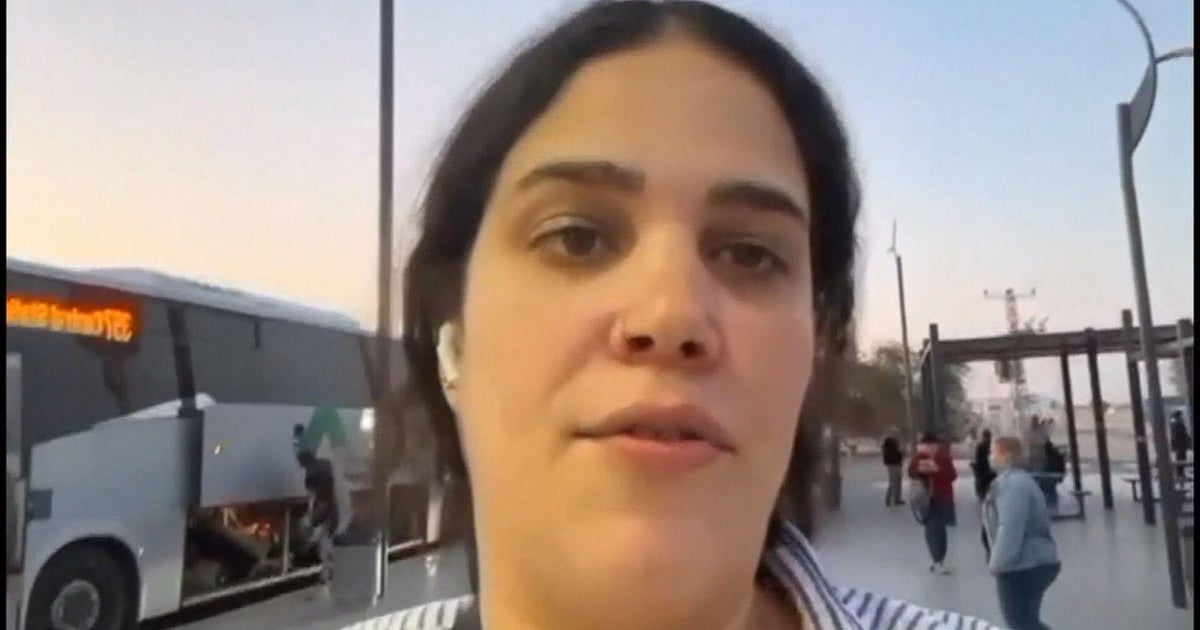Texas Abortion Law Has Ramifications In Upcoming Pennsylvania Elections, Both Sides Say
PITTSBURGH (KDKA) -- The split decision of the U.S. Supreme Court to allow a Texas law that essentially bans abortion in that state has brought strong reaction across the nation.
And Pennsylvania is no exception.
When a state passes a controversial anti-abortion law, the Supreme Court usually suspends the law until the Court can review its constitutionality. But this time, a 5 to 4 majority of justices allowed Texas's new law to stand before it's reviewed.
This law bans all abortions once cardiac activity can be detected in an embryo, usually around six weeks of pregnancy. This often occurs before a woman knows she is pregnant.
The law also requires a woman to give birth even if she has been raped, but it does provide an exception to save the life of a woman.
Under Roe v. Wade, a woman has had, until now, a Constitutional right during the first trimester or first three months to end her pregnancy, and a state could ban abortions in the last trimester of pregnancy.
But pro-life lawmakers have been pushing to expand the time for a ban on all abortions. Both pro-choice and pro-life advocates see the Texas law as a call to action.
"This is great news for pre-born babies and their mothers in Texas. And I think this means the demise of Roe v. Wade is on the horizon, and I look forward to the day when pre-born children and their mothers are protected in Pennsylvania," said Maria Gallagher, the legislative director for the Pennsylvania Pro-Life Federation.
"Abortion is legal in Pennsylvania. Our clinics are open, but this is a terrible terrible sign of what's to come," said Sue Frietsche, senior staff attorney with the Women's Law Project, a pro-choice group.
Both sides say abortion is likely to play a key role in next year's elections in Pennsylvania.
For the first time since 2010, Pennsylvania will have an open seat with no incumbent for both the governor's mansion and the U.S. Senate.
Pro-life and pro-choice groups are gearing up to make abortion a key issue in these races.
"This is an extremely dangerous, extremely radical new approach to shutting down abortion care," said Frietsche.
"I think that there is great hope that the Supreme Court will allow states to write their own rules with regard to abortion, and in Pennsylvania, we need to be prepared," notes Gallager.
Being prepared means electing more lawmakers with one view or the other. In this state, most Republican lawmakers call themselves pro-life and anti-abortion, while most Democrats say they are pro-choice and pro-women's rights.
"It is the loudest wakeup call we could possibly, possibly get," said pro-choice Frietsche.
Frietsche says the Texas law must not spread to Pennsylvania.
"Everyone who cares about women's health and about women's autonomy and equality should be out there working and working hard," she said.
Politically, for pro-choice voters, that means replacing Gov. Tom Wolf, a Democrat who has vetoed Republican-backed anti-abortion bills, with another Democratic governor who does the same.
But pro-life Gallagher said pro-life Republicans already control the state Legislature and are likely to grow in strength next.
"National public opinion polls actually show that most people oppose most abortions, and we also know that there is a pro-life advantage in elections. So I'm feeling pretty good about 2022."
Voters may not have to wait until next year if this issue is important to them.
In this November's race for state Supreme Court, Republican Kevin Brobson has pro-life support, while Democrat Maria McLaughlin has pro-choice support.

